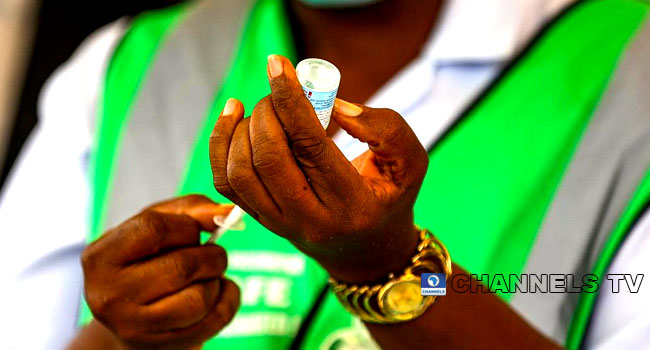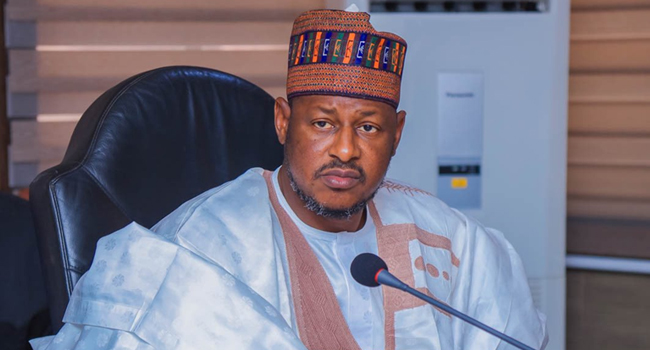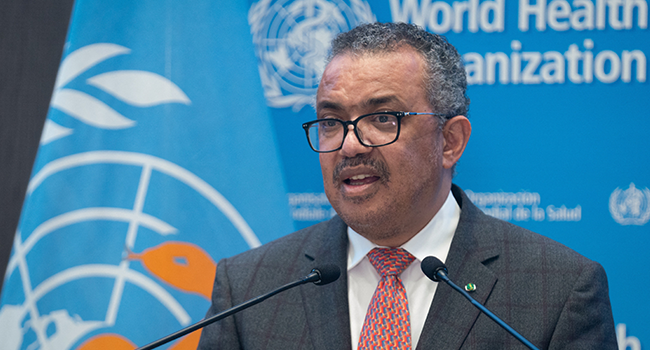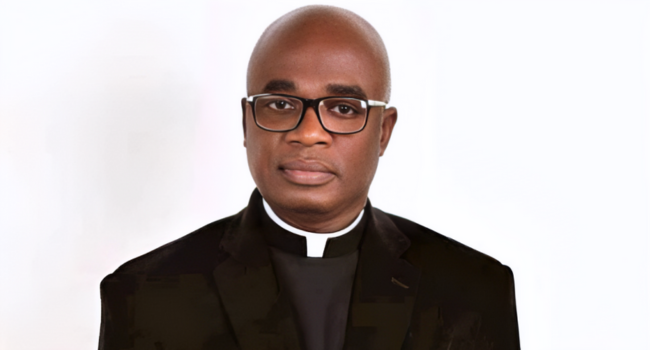
The United Kingdom has omitted Nigeria from its list of countries with valid COVID-19 vaccine certificates.
This means fully vaccinated Nigerians travelling to the UK may still be required to isolate for 10 days on arrival in the country.
Nigeria was missing from the list despite not being on the UK’s COVID-19 red list.
No other African country was on the list.
The UK, in a statement on Monday, said it was taking “a phased approach to recognising vaccines administered by other countries and territories, building on the success of the pilot with the U.S. and Europe.
READ ALSO: New Zealand Drops ‘COVID Zero’ Goal After Delta Outbreak
“Fully vaccinated residents in other countries not yet part of the inbound policy, as well as those partially vaccinated, will still have to take a pre-departure test, PCR tests for day 2 and day 8 after arrival, and self-isolate for 10 days, with the option to test to release after 5 days.
“The UK government is continuing to work with international partners as we seek to more regularly expand the policy to further countries and territories.”
Last month, the Director of the Africa Centres for Disease Control and Prevention, Dr John Nkengasong said the UK’s stance could increase vaccine hesitancy across Africa.
“We do not understand why the UK has taken this position,” he said, adding that it was “a message that creates confusion within our population… creating more reticence, reluctance for people to receive vaccines.”
“This message doesn’t really speak to solidarity and co-operation that we all believe are the cornerstone and ingredients for us to emerge from this pandemic together.”
Meanwhile, the British High Commissioner to Nigeria, Catriona Laing, has said the UK strongly supports the work of the Nigerian health authorities and the nation’s vaccination campaign.




